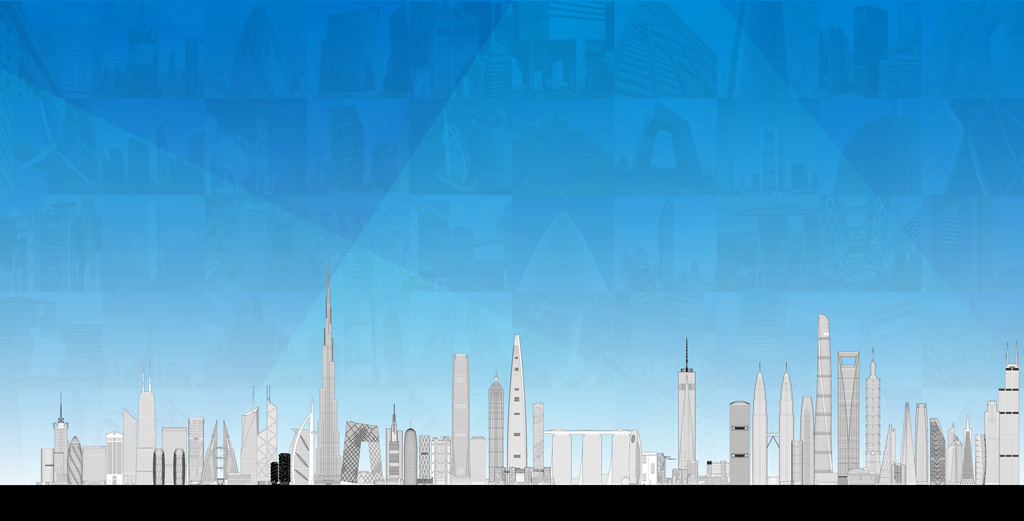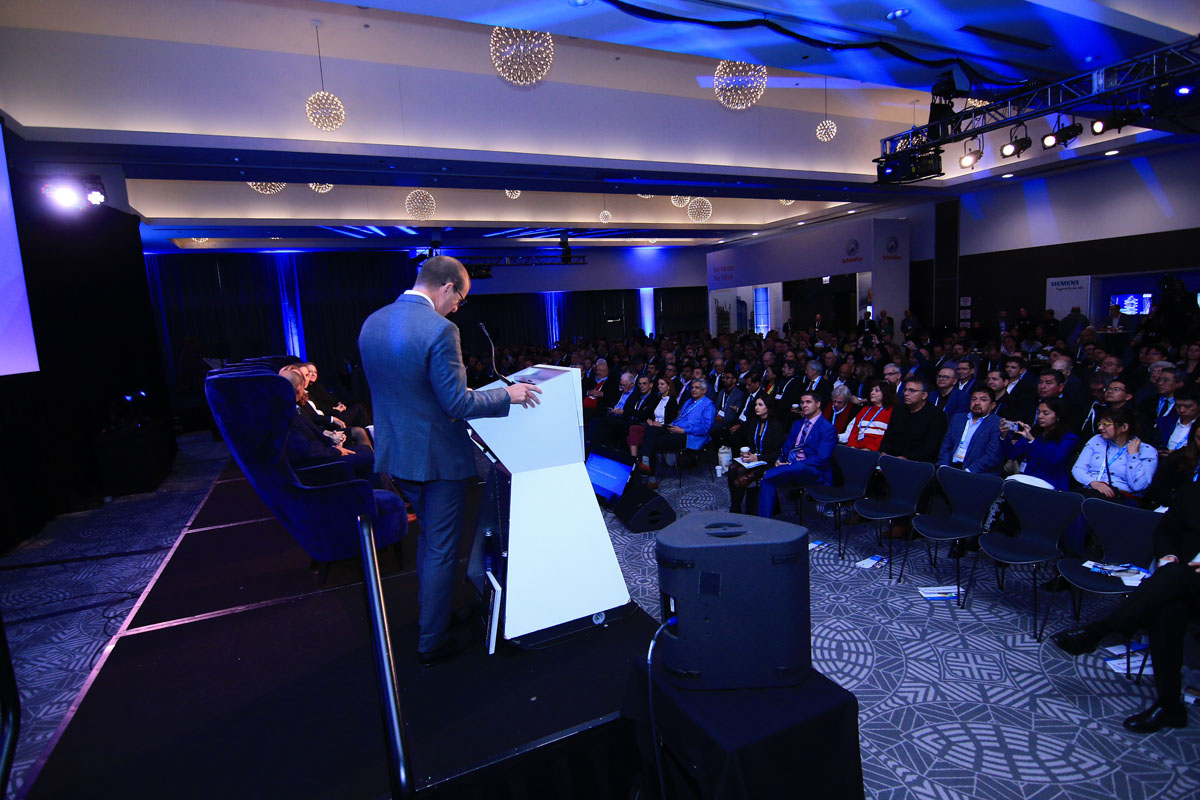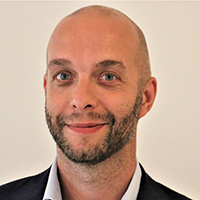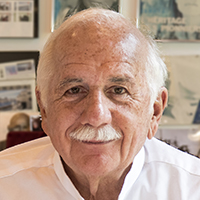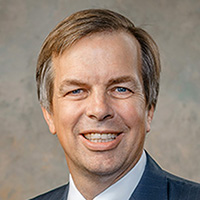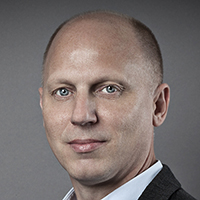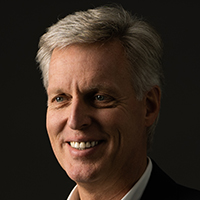Selected Presentations See All Speakers
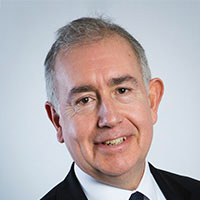
Gary Strong
Global Building Standards Director / Fire & Building Safety Head
Royal Institution of Chartered Surveyors (RICS)
About this Conference
On the 50th anniversary of the Council on Tall Buildings and Urban Habitat’s founding, the CTBUH 10th World Congress returned to the Council’s home: Chicago. Focusing on the theme 50 Forward | 50 Back, the Congress explored the most significant advancements in tall buildings and cities from the last 50 years, whilst inquiring into the future of our cities 50 years from now. This event thus represented a critical reflection on both the skyscraper typology and urban development as a whole, by marking their trajectory to date, and considering the evolutions that must take place to accommodate a dynamic and uncertain global future.
On a building scale, the manifestation of the contemporary skyscraper is a collective accomplishment—one that has experienced several wholesale evolutions over time. Whereas back in 1969, at the formation of the CTBUH, the tall building was predominantly a technical challenge, now it is, arguably, more of a social challenge—how does it fit in with, and enhance, society? With the technological barriers towards height now largely addressed, an emphasis is being placed on making more humane, smarter, greener, more efficient skyscrapers that are better integrated with their cities, and better stewards of the urban environment. But much still needs to be done.
We thus stand at a critical juncture in time, amidst major change in the typological status of tall buildings, the cities they call home, and the people that inhabit them. The 10th World Congress, Chicago,4 directly addressed critical issues in the future progression of our cities, drawing the most important lessons from the past. All relevant issues—including urban planning and infrastructure; smart technology/automation; resilience and climate change; passive environmental strategies; tall timber structural systems; modular construction; inter-/intra-building transportation; the future of the workplace; building modeling; and many others—were explored.




